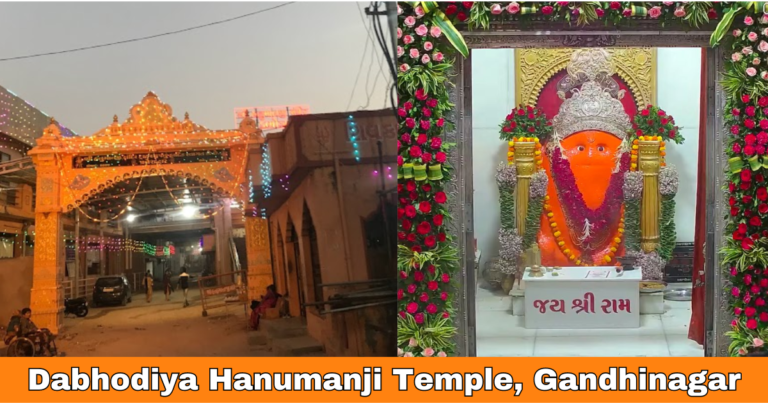what is the old name of gandhinagar
Gandhinagar, the capital city of the vibrant state of Gujarat, has a rich history that dates back to its foundation. However, if you’re curious about the city’s old name and the historical events that led to the change, you’ve come to the right place. In this blog, we’ll uncover the hidden gems of Gandhinagar’s past, including its ancient identity, the influence of Mahatma Gandhi, and the modern significance of this dynamic city.

Phase 1: After the city’s infrastructure was completed in 1970, and until 1980, it was known as ‘Gandhian City,’ since it was based on Gandhi’s concepts and principles. Phase 2: Between 1980 and 1990, a time of low pollution, it was known as ‘Unpolluted City’.
Historical Background
Gandhinagar’s story begins with its foundation as the state capital in 1960. The city was established as part of the process to create separate states based on language in India. Initially, Gandhinagar was known by a different name, and the transformation from its old name to Gandhinagar marked a significant chapter in the city’s history.
The old name of the city holds immense historical importance, as it reflects the cultural and societal changes that unfolded in the region. Understanding the city’s roots and the significance of its old name allows us to appreciate the journey it has undertaken to become what it is today.
Old Name of Gandhinagar
The old name of Gandhinagar, before it was renamed in honor of Mahatma Gandhi, was Ahmedabad. The city of Ahmedabad was a bustling metropolis known for its vibrant culture, historical architecture, and textile industry. However, the decision to rename the city was made as a tribute to Mahatma Gandhi, the father of the nation and a prominent figure in India’s struggle for independence.

The renaming of Ahmedabad to Gandhinagar was a reflection of the deep reverence that India held for Mahatma Gandhi and his principles of truth, non-violence, and civil disobedience. It was a symbolic act to immortalize the values and legacy of this great leader.
The renaming of the city also marked the development and expansion of the state capital to accommodate the administrative and political functions of Gujarat. It was a transformation that went beyond a mere name change, signifying a new era in the city’s history.
The Influence of Mahatma Gandhi
Mahatma Gandhi, the man behind the city’s new name, had a profound influence on India’s struggle for independence and its path to becoming a democratic nation. His association with Gandhinagar adds an extra layer of significance to the city’s history.
Mahatma Gandhi’s principles of non-violence, self-reliance, and communal harmony continue to shape the values and culture of Gandhinagar. The city serves as a living tribute to the ideals of this great leader, and it is home to institutions and monuments that honor his memory.
Modern Significance
Today, Gandhinagar stands as a thriving city, with a growing economy, educational institutions, and a vibrant cultural scene. It plays a crucial role in Gujarat’s development and is an important center for administrative, political, and economic activities. The city embraces its historical connection with Mahatma Gandhi and proudly upholds the values he cherished.
Gandhinagar is not only a reflection of India’s history but also a hub of modernity and progress. It represents the harmonious blend of tradition and innovation, making it a fascinating place to explore.
In conclusion, the old name of Gandhinagar, Ahmedabad, is not just a piece of historical trivia; it’s a window into the city’s rich past and its deep connection to Mahatma Gandhi’s principles. As you explore Gandhinagar, remember that its history is a living testament to the values of truth and non-violence that continue to inspire us today. We encourage you to delve further into the city’s history and discover the many facets that make Gandhinagar a unique and culturally rich destination.






